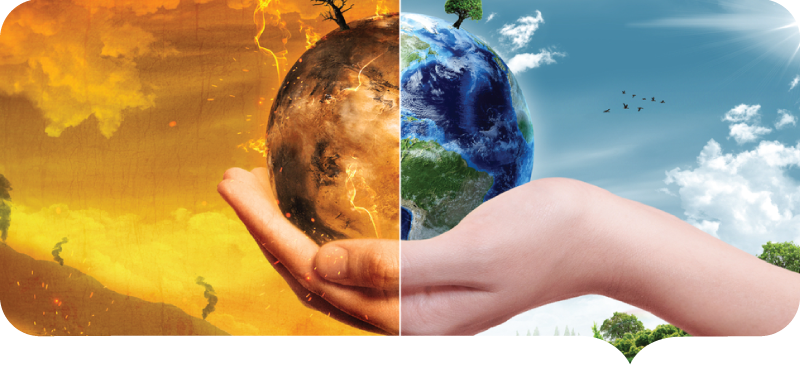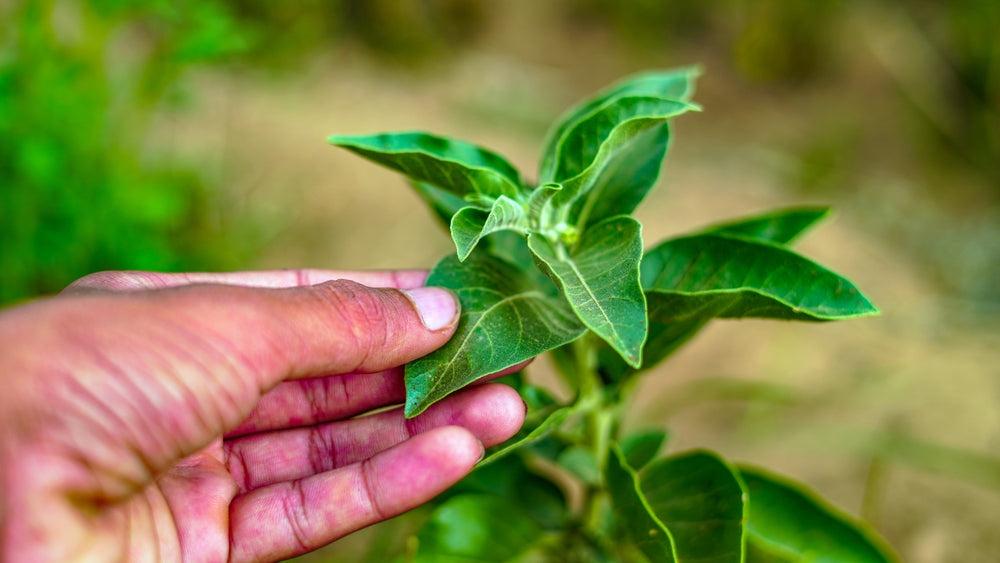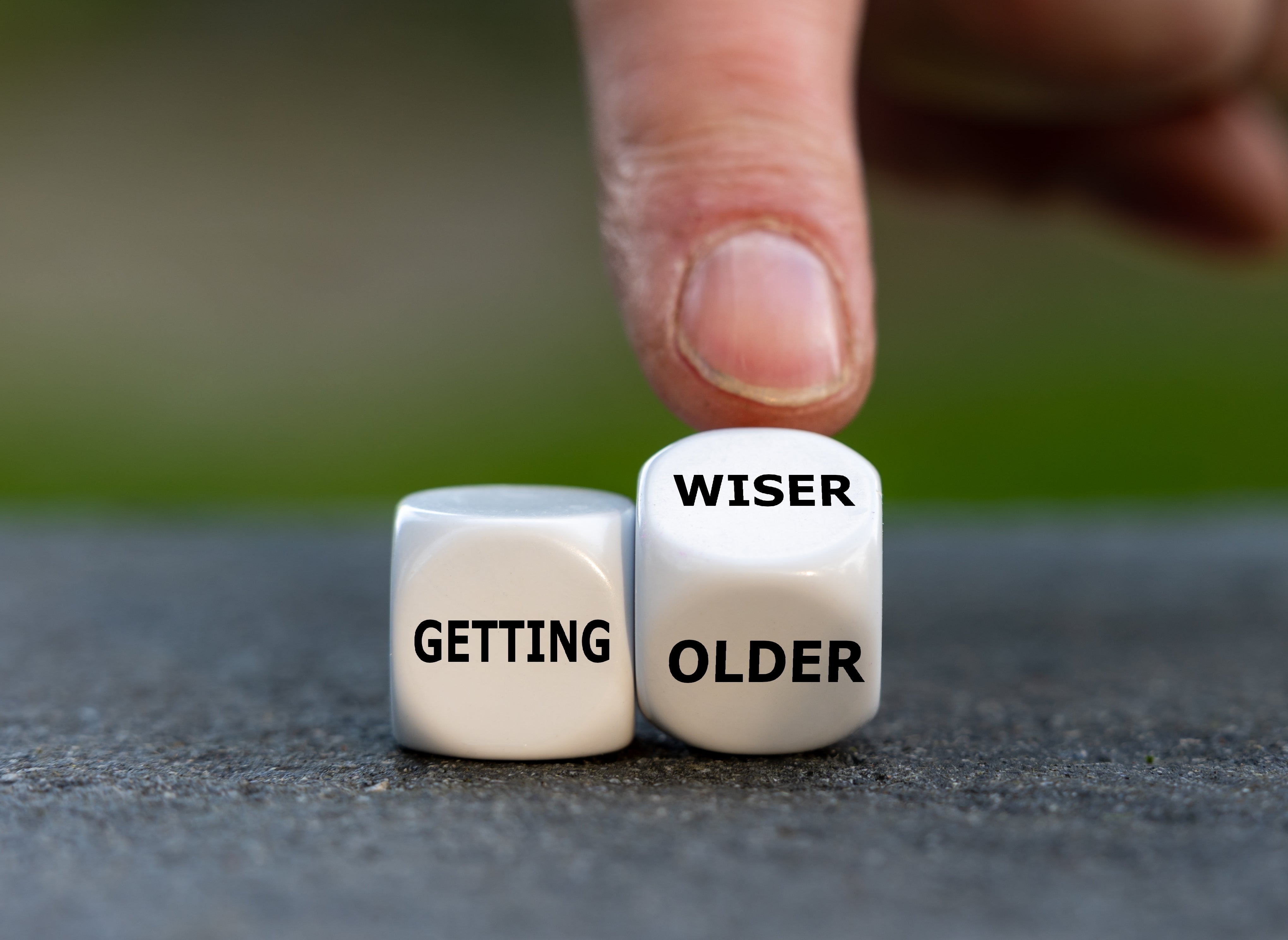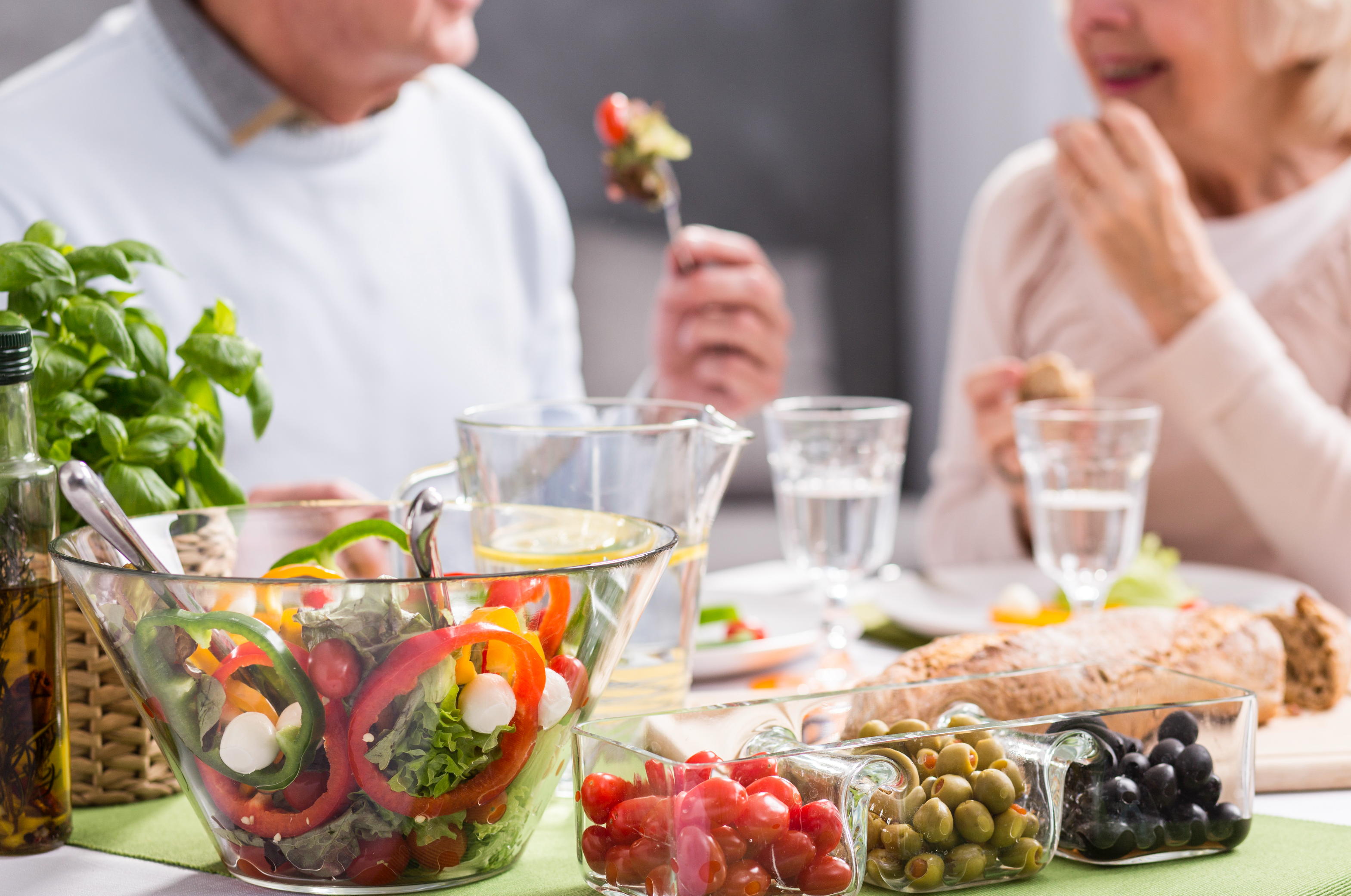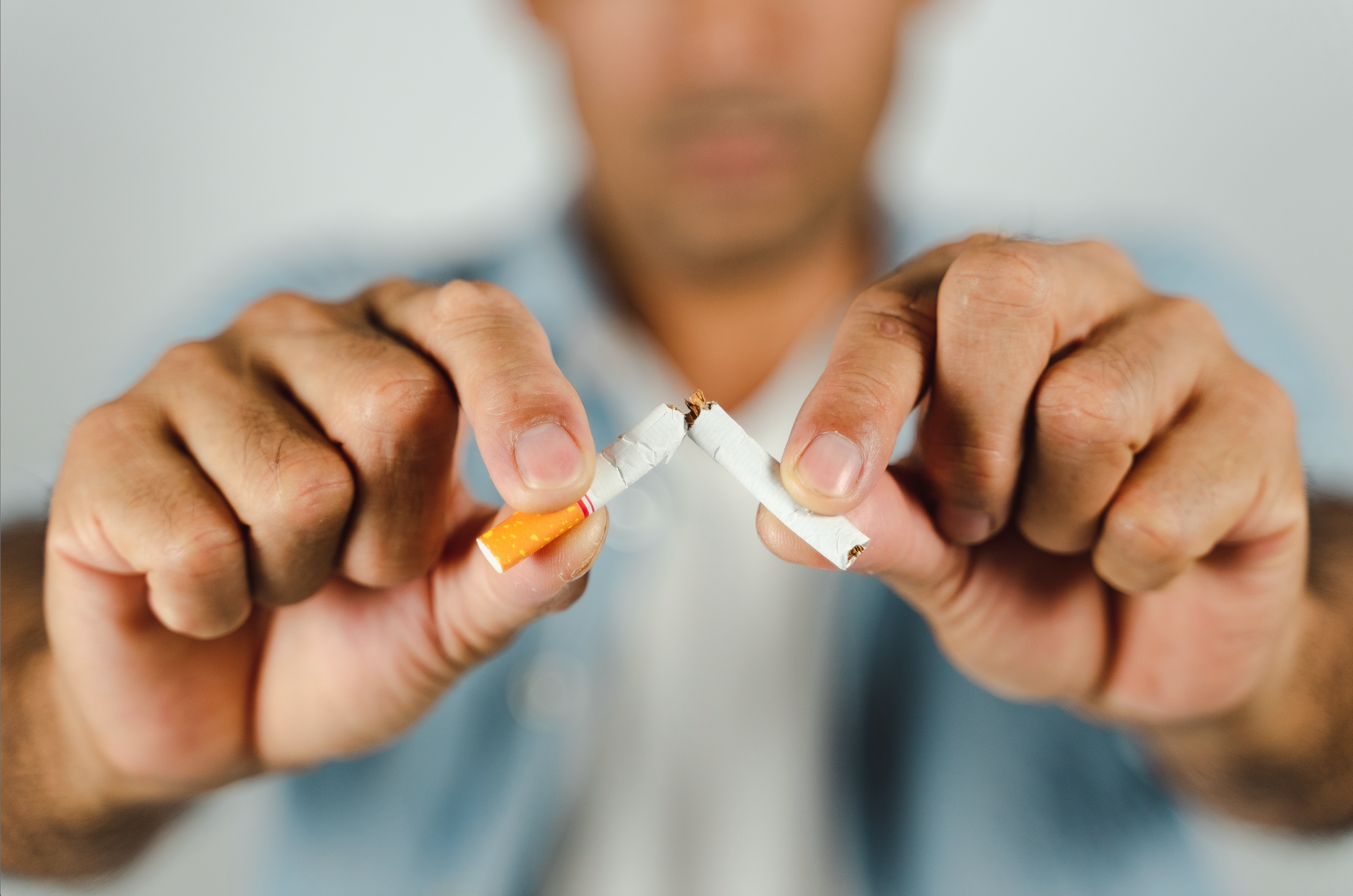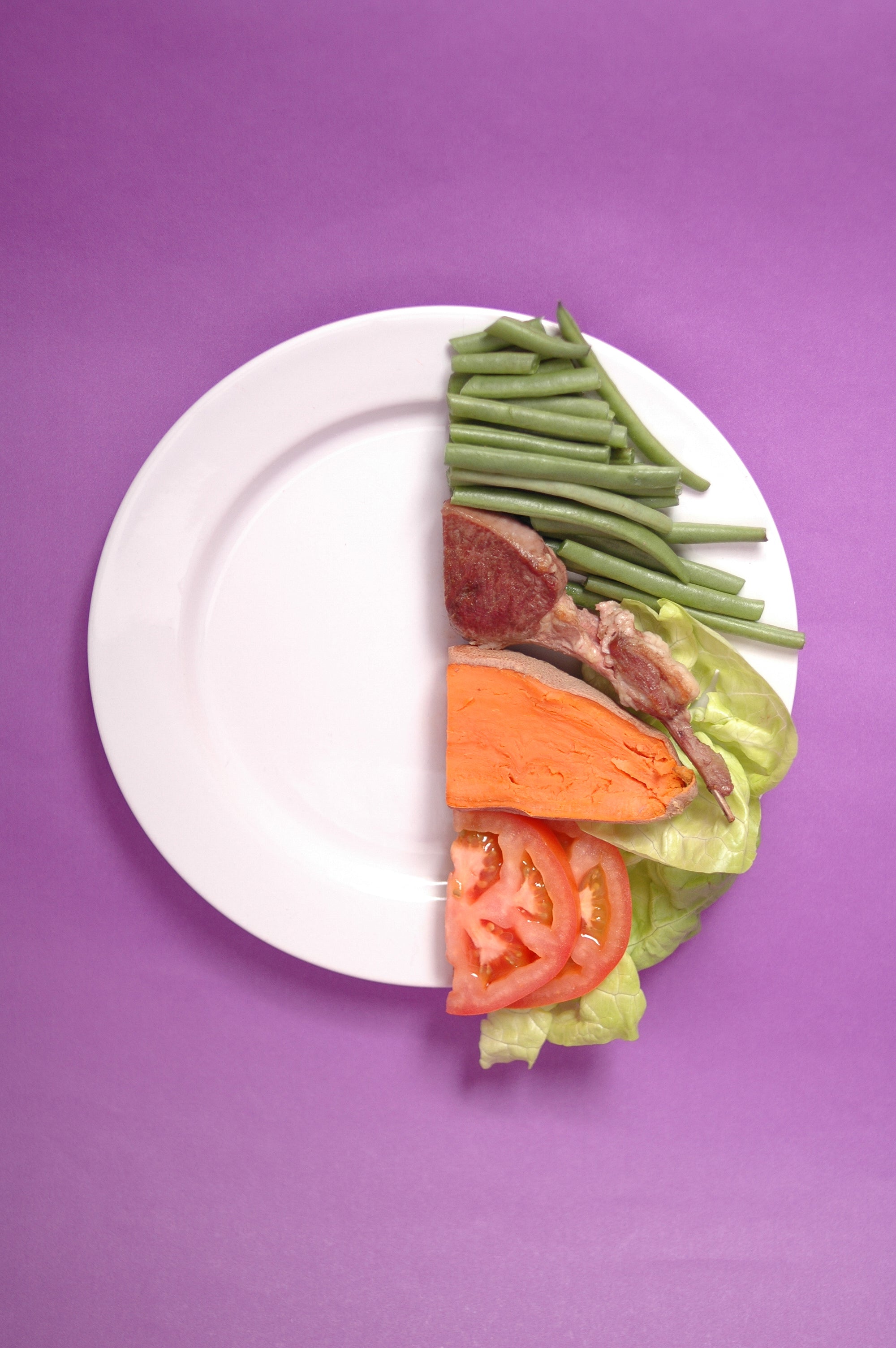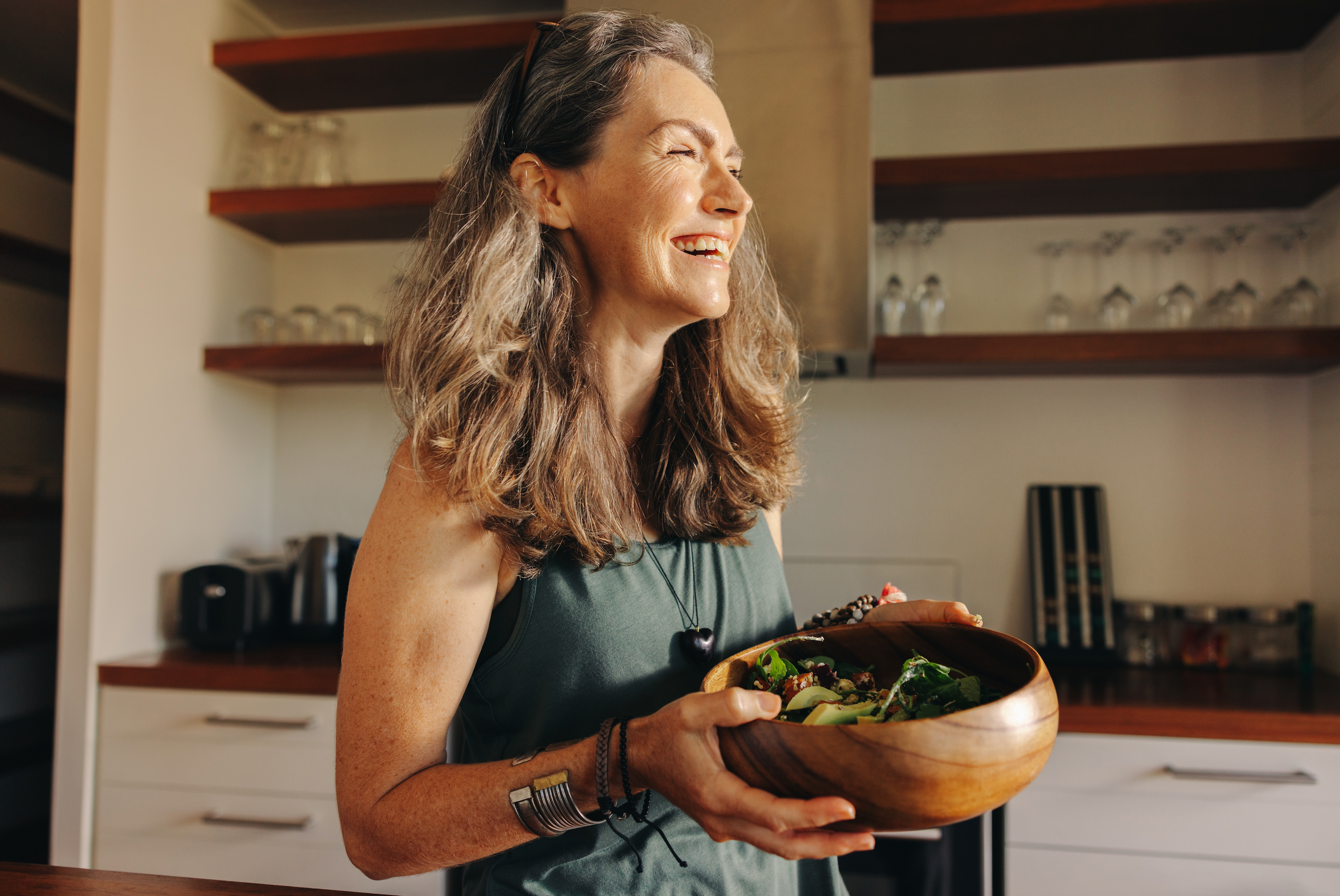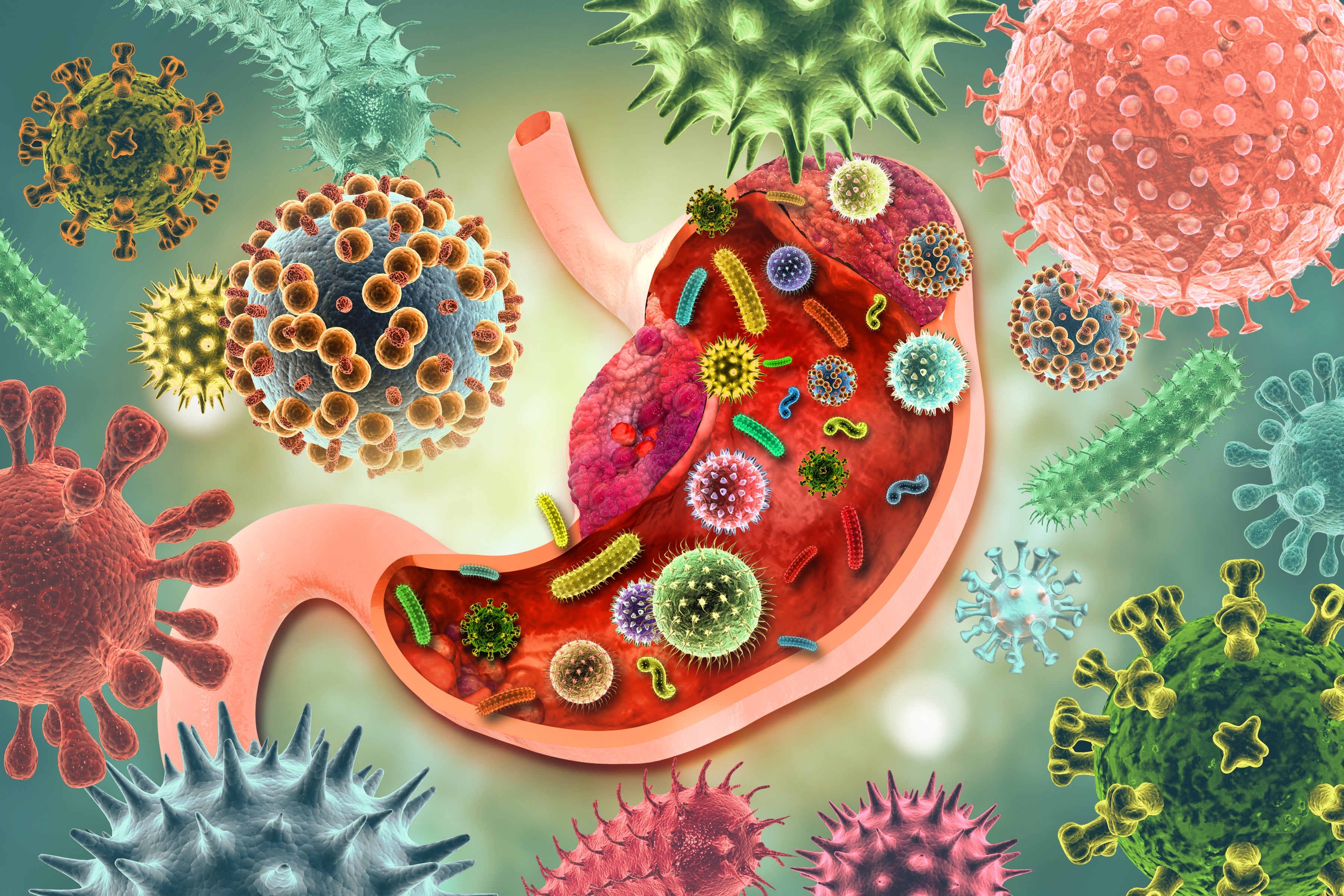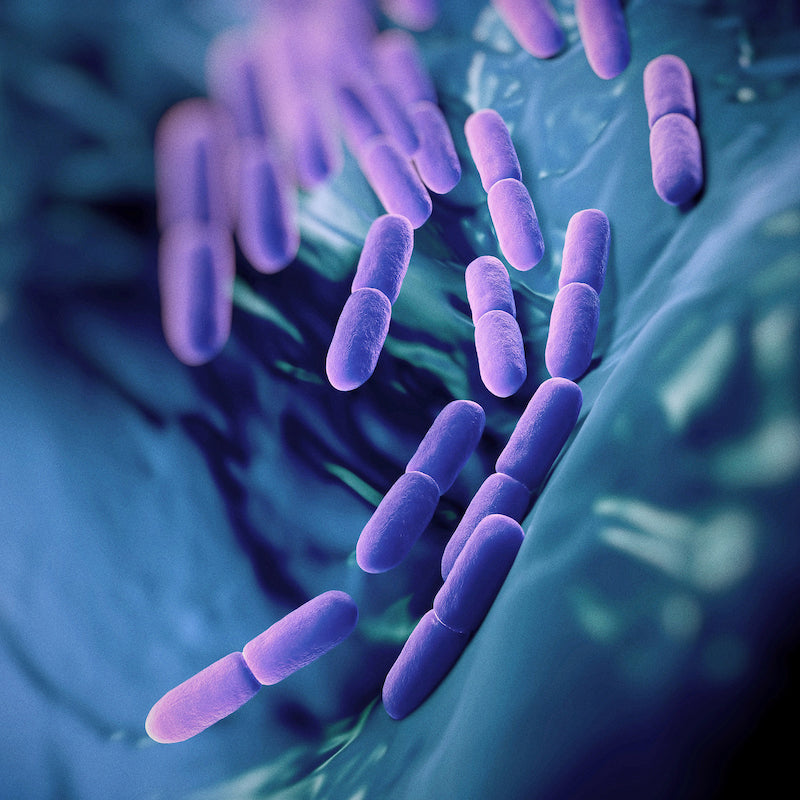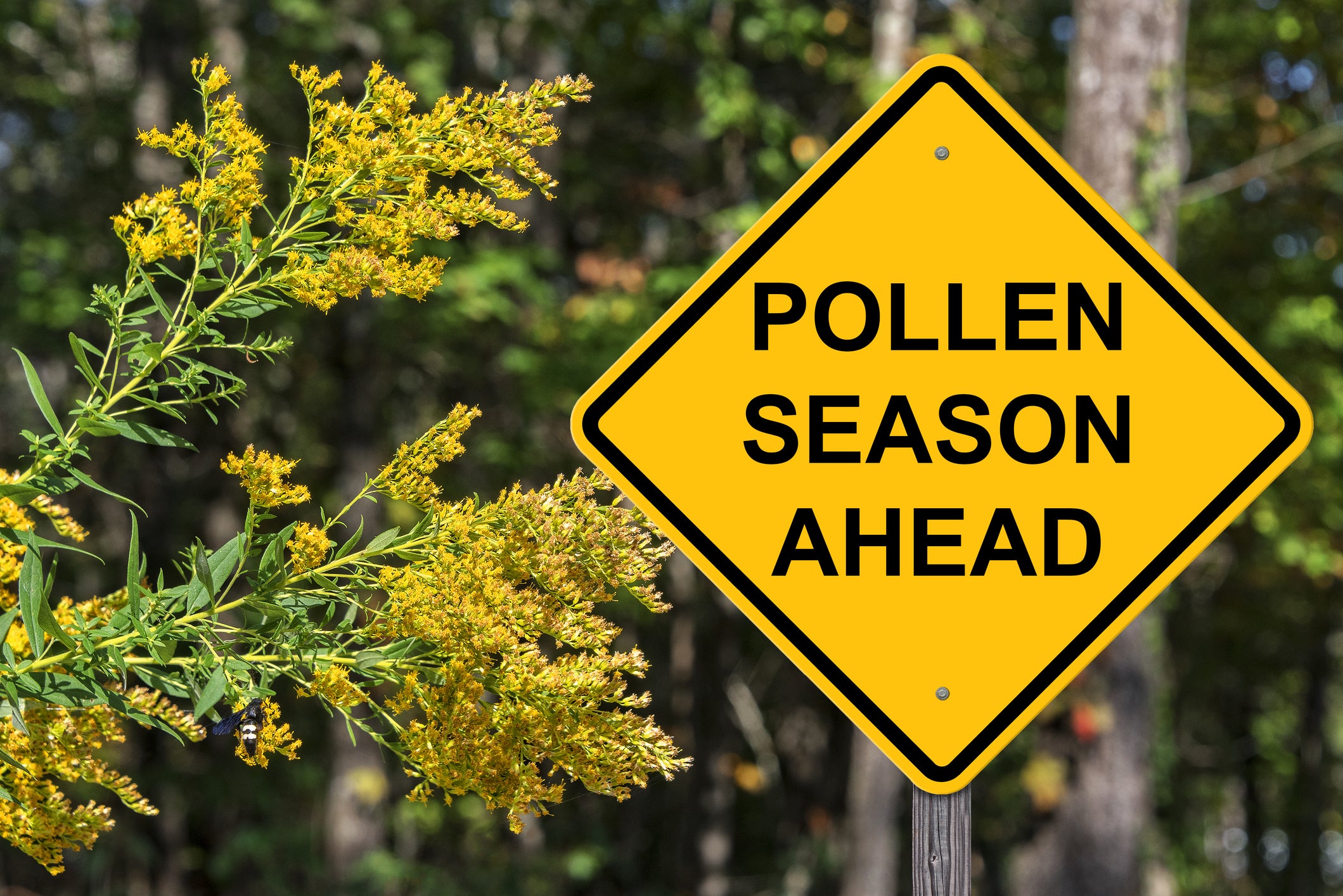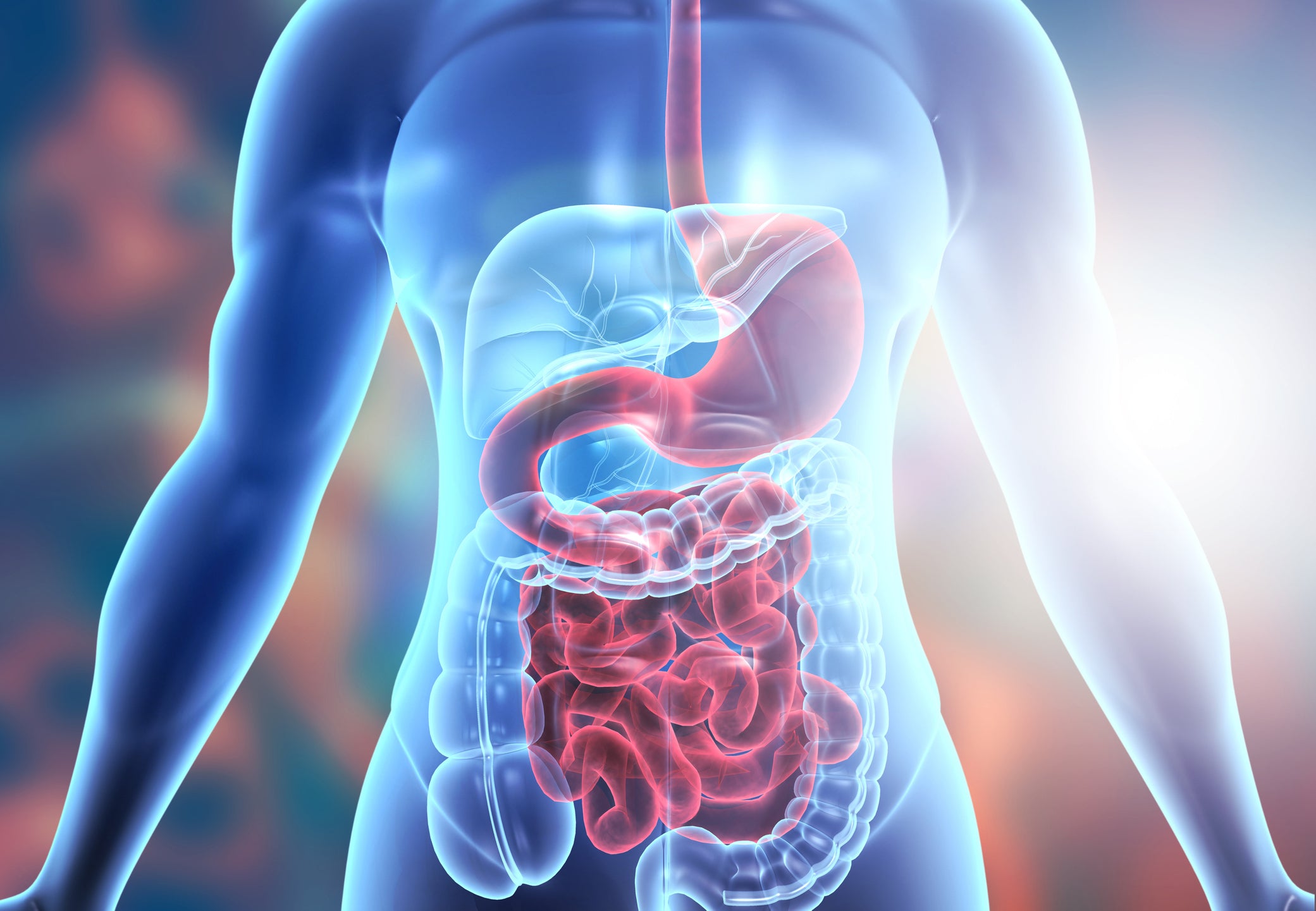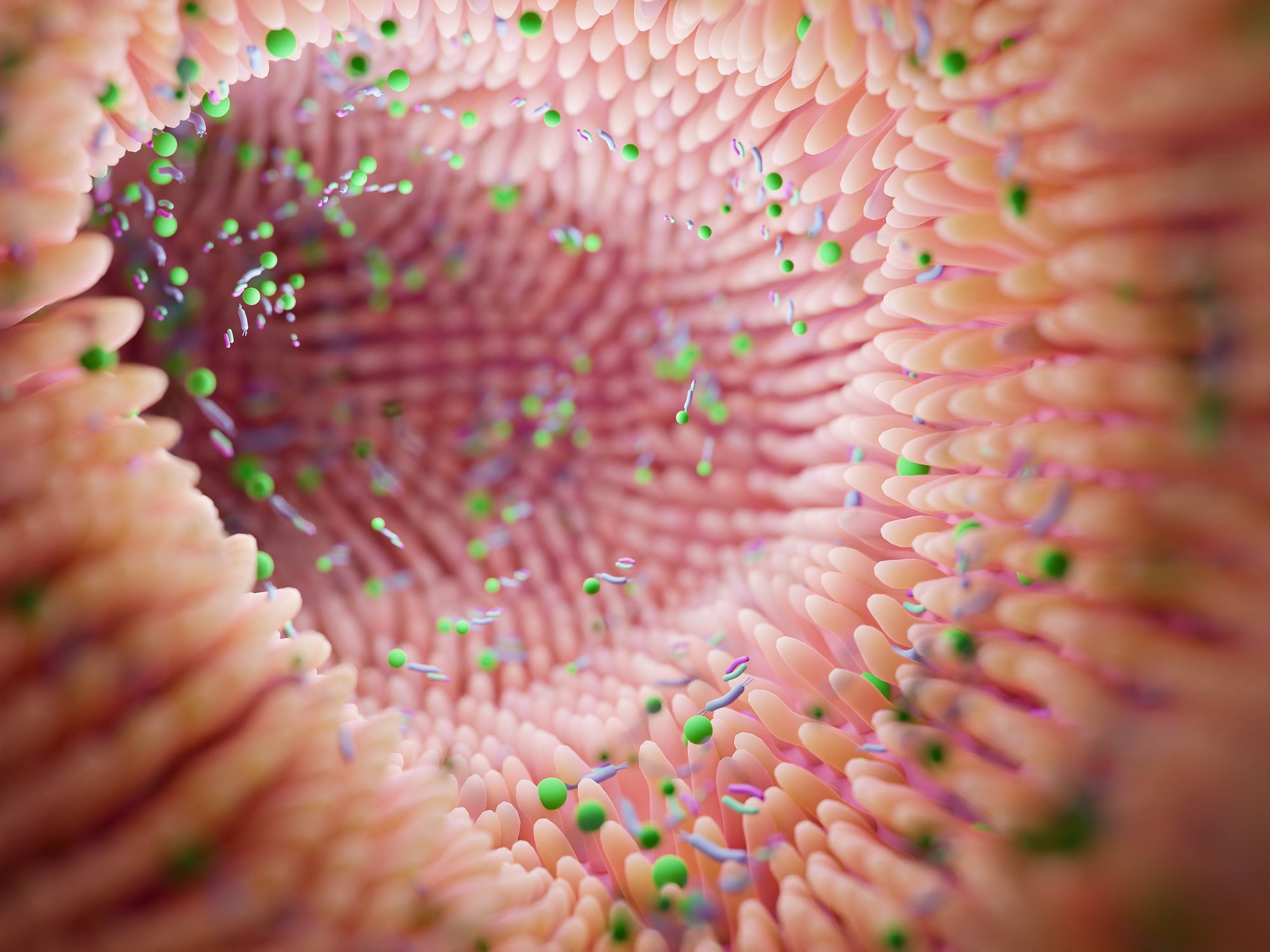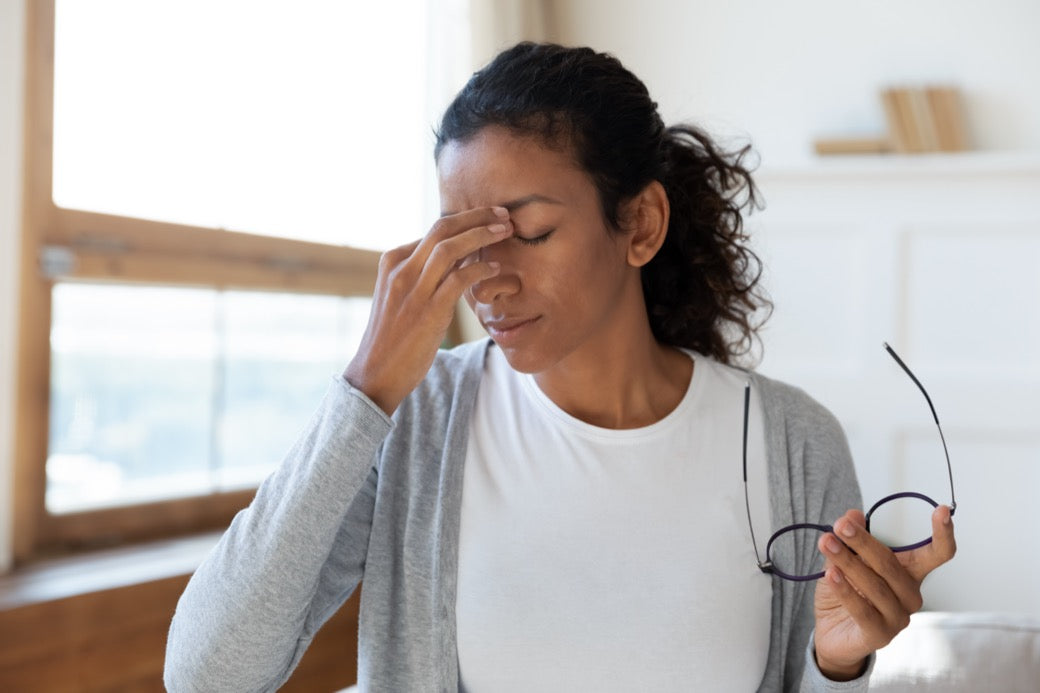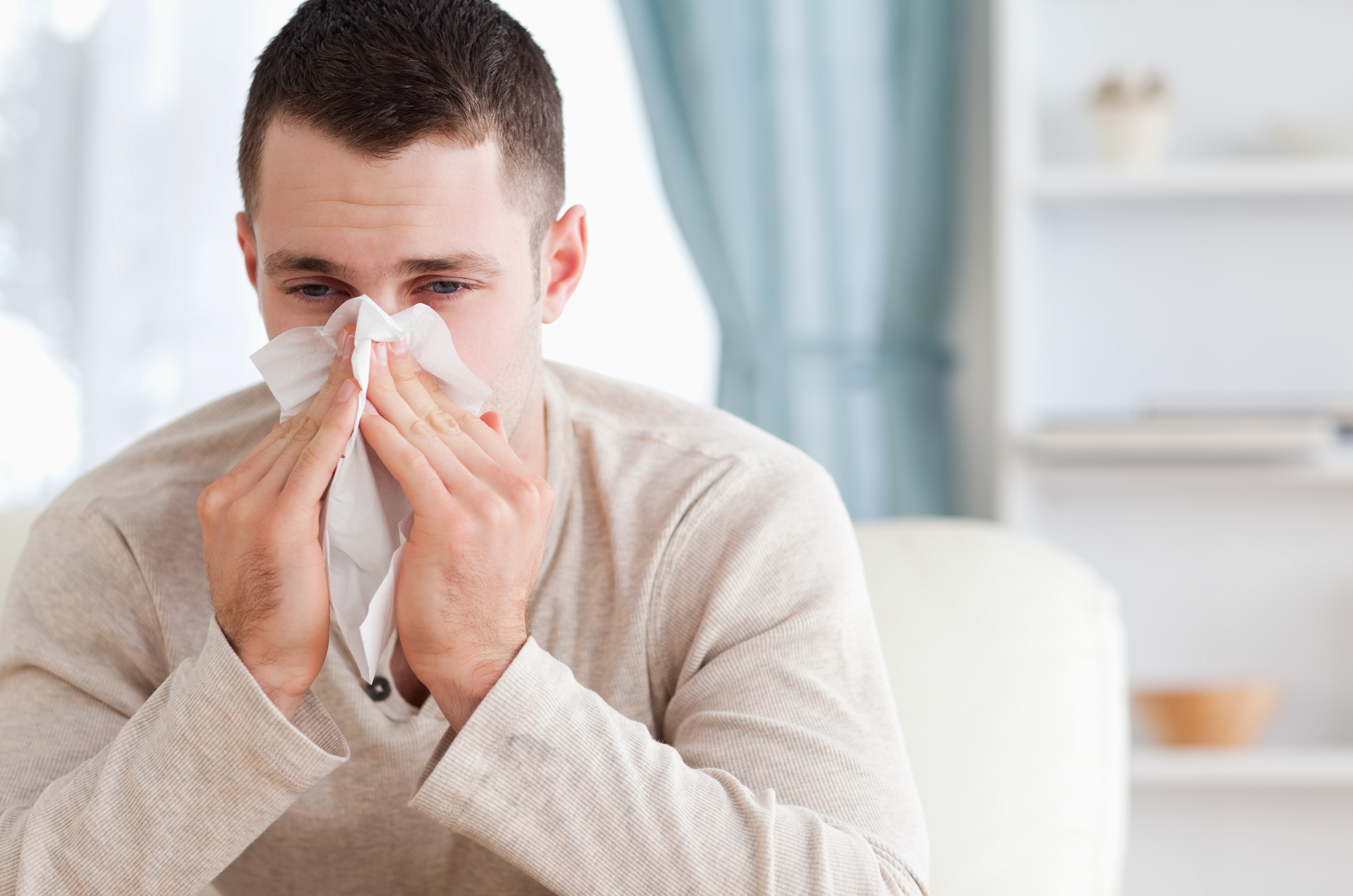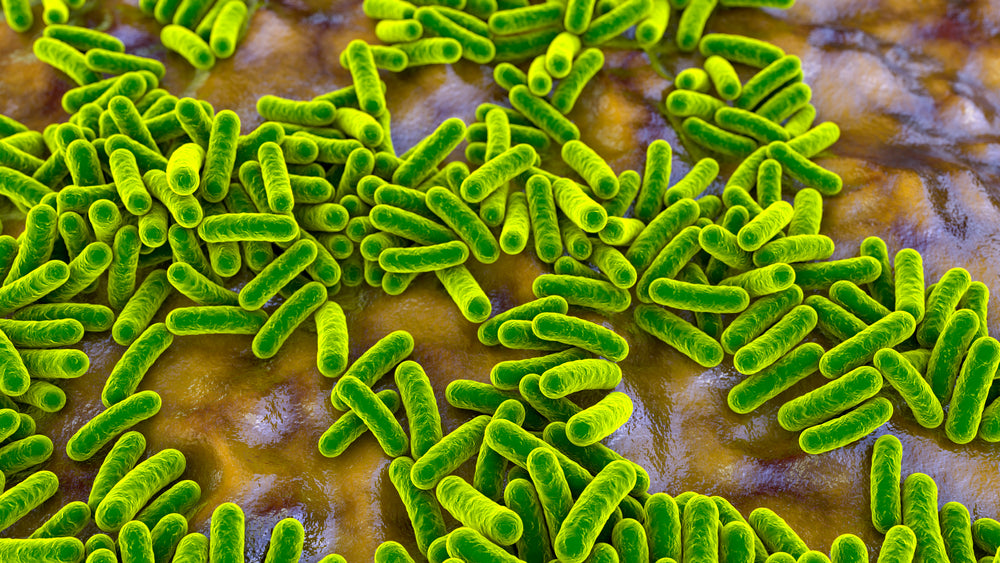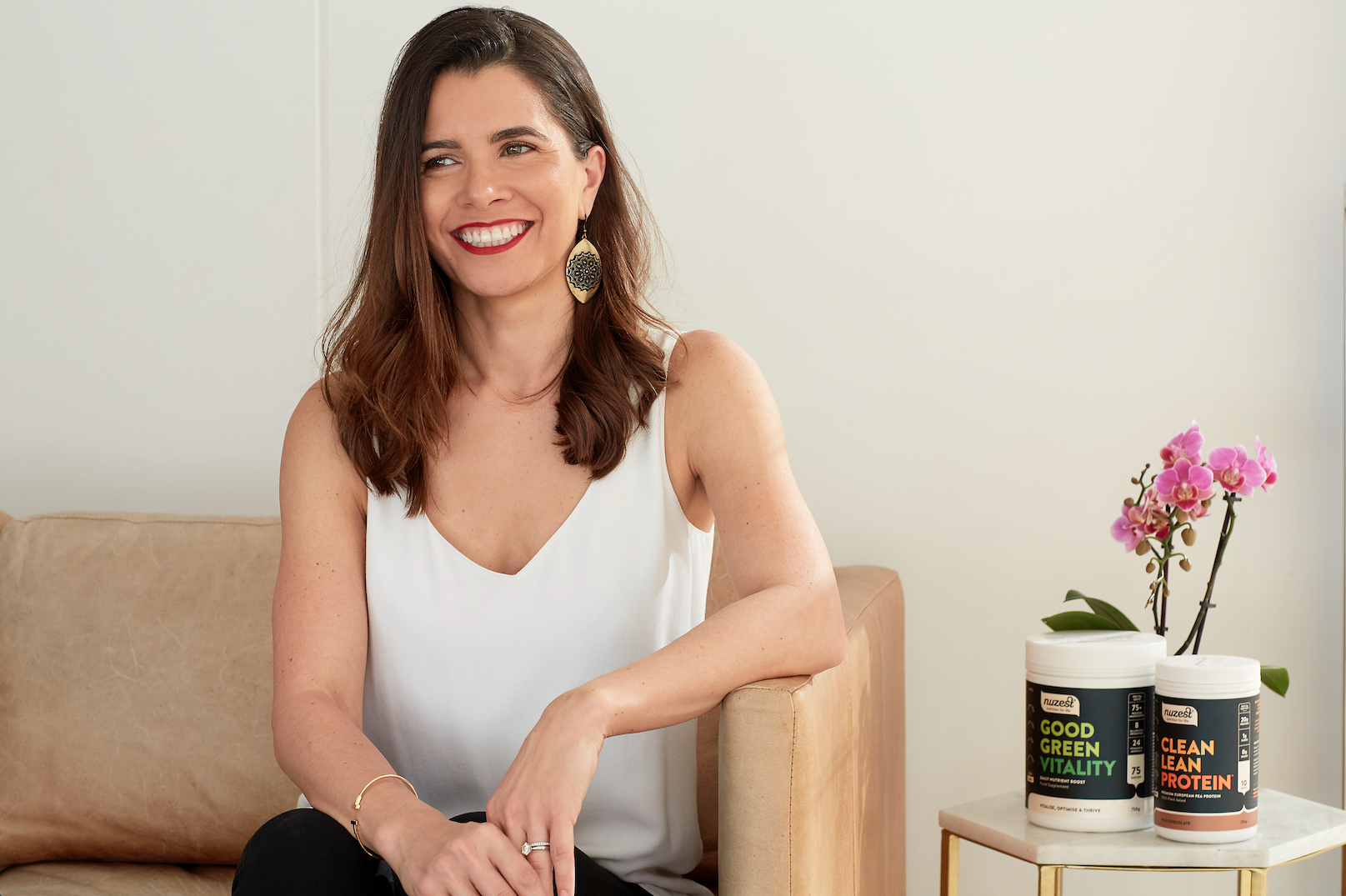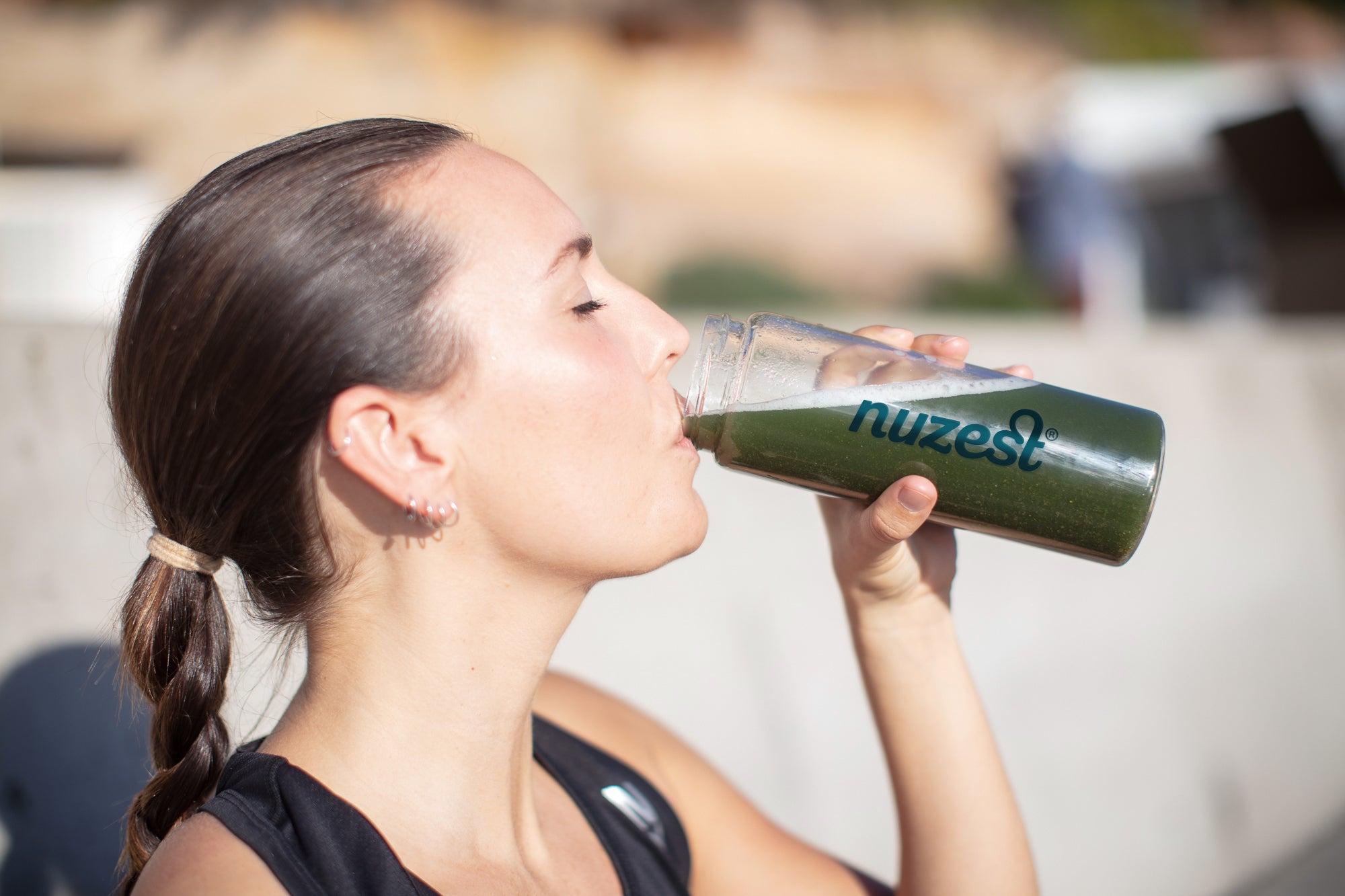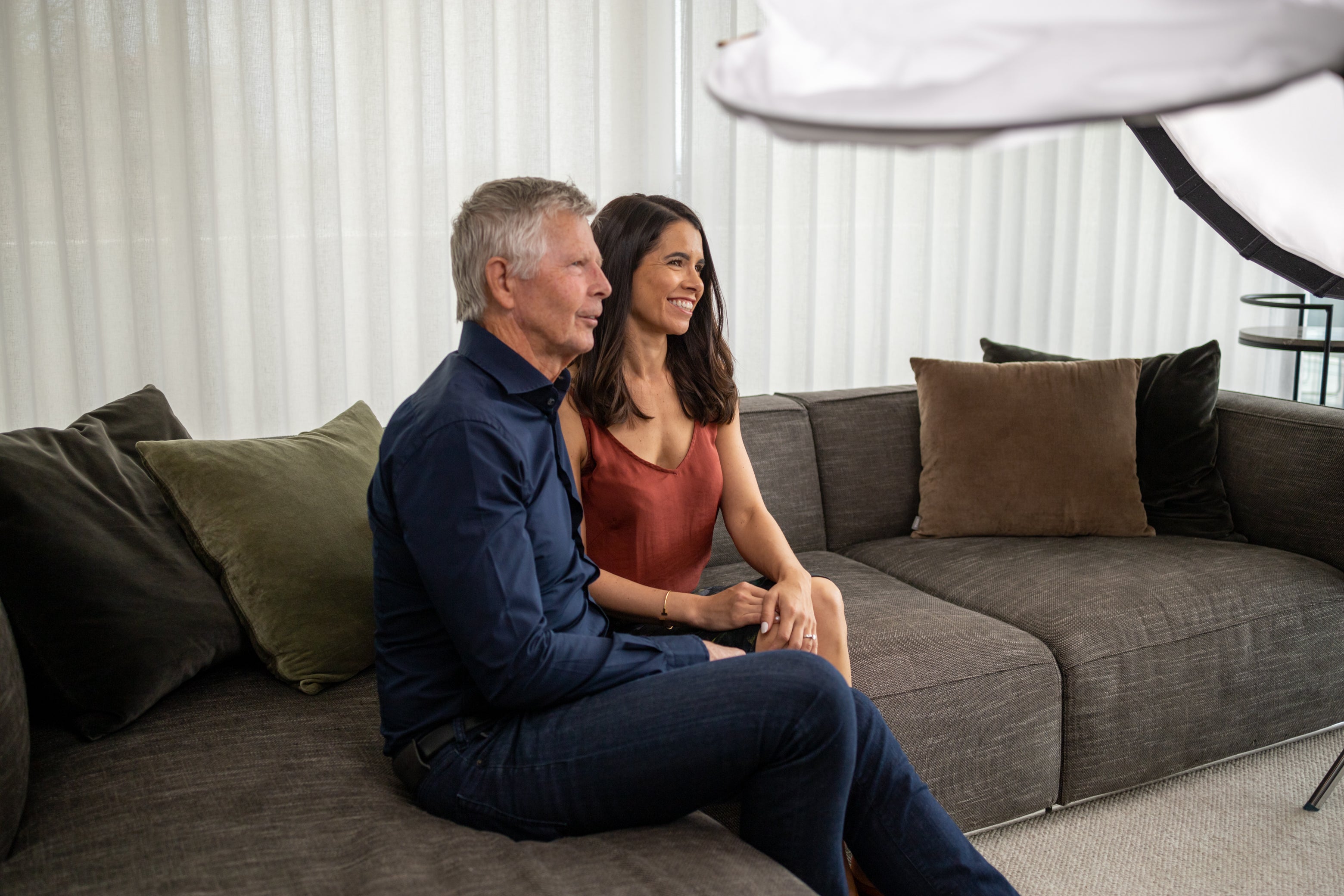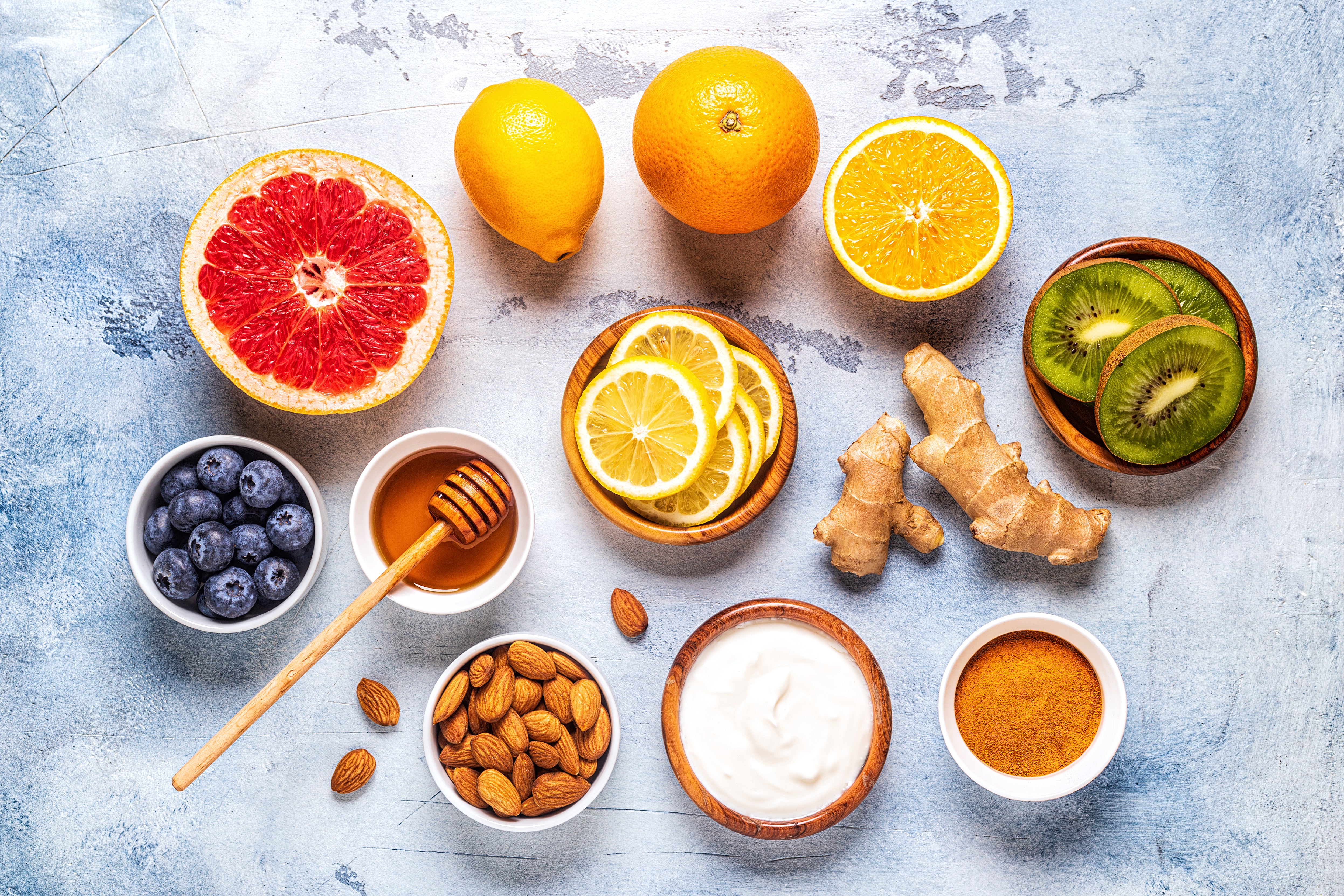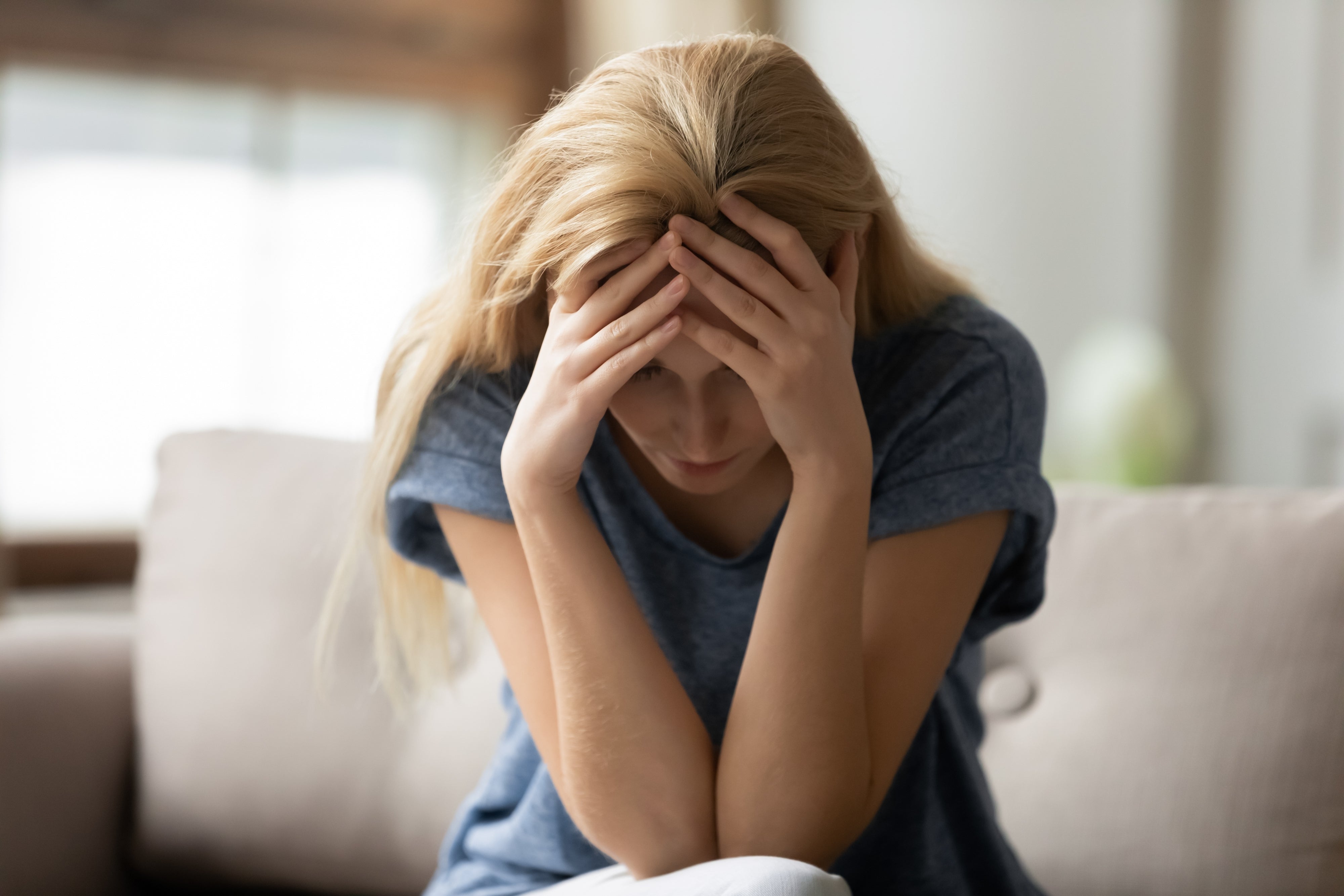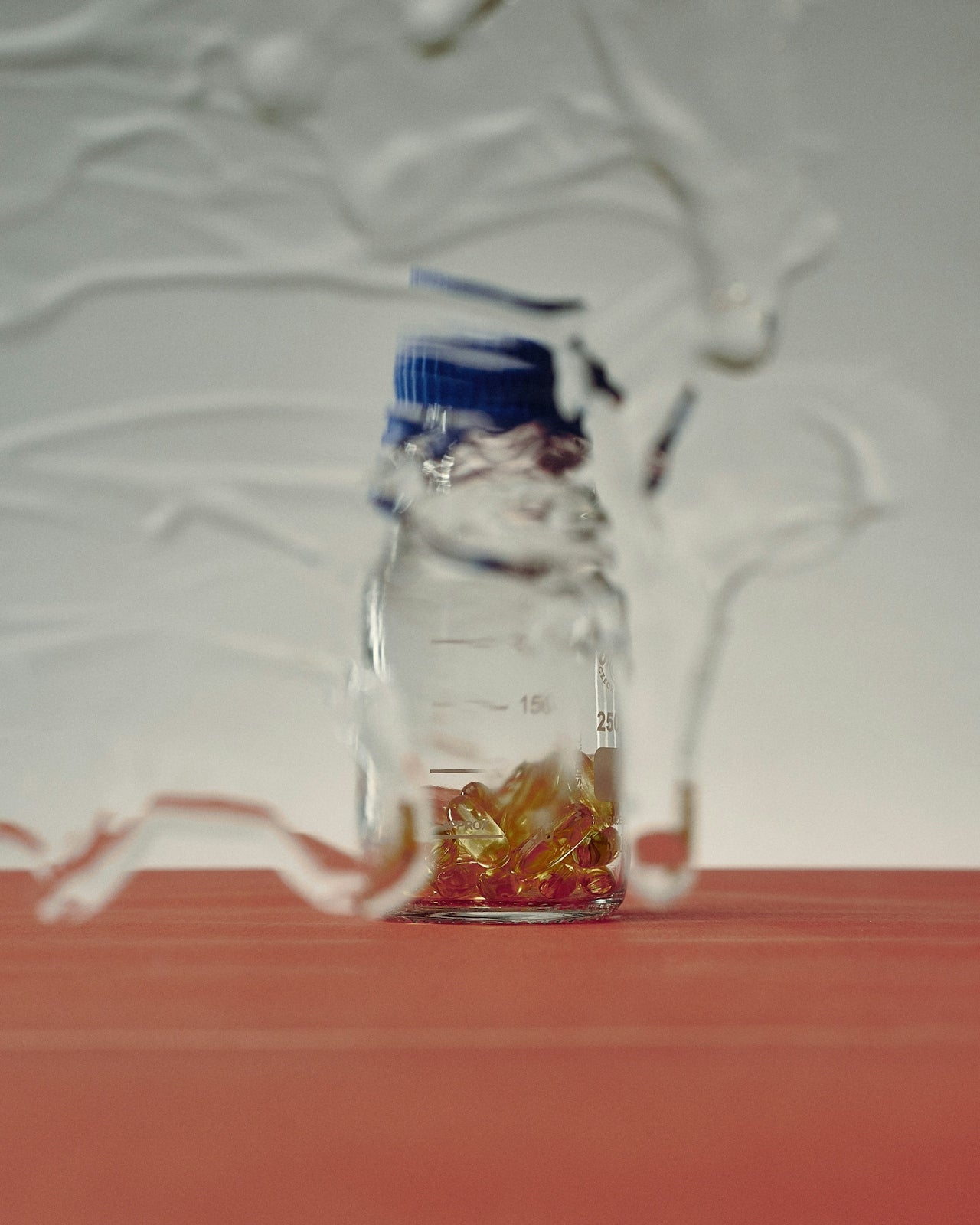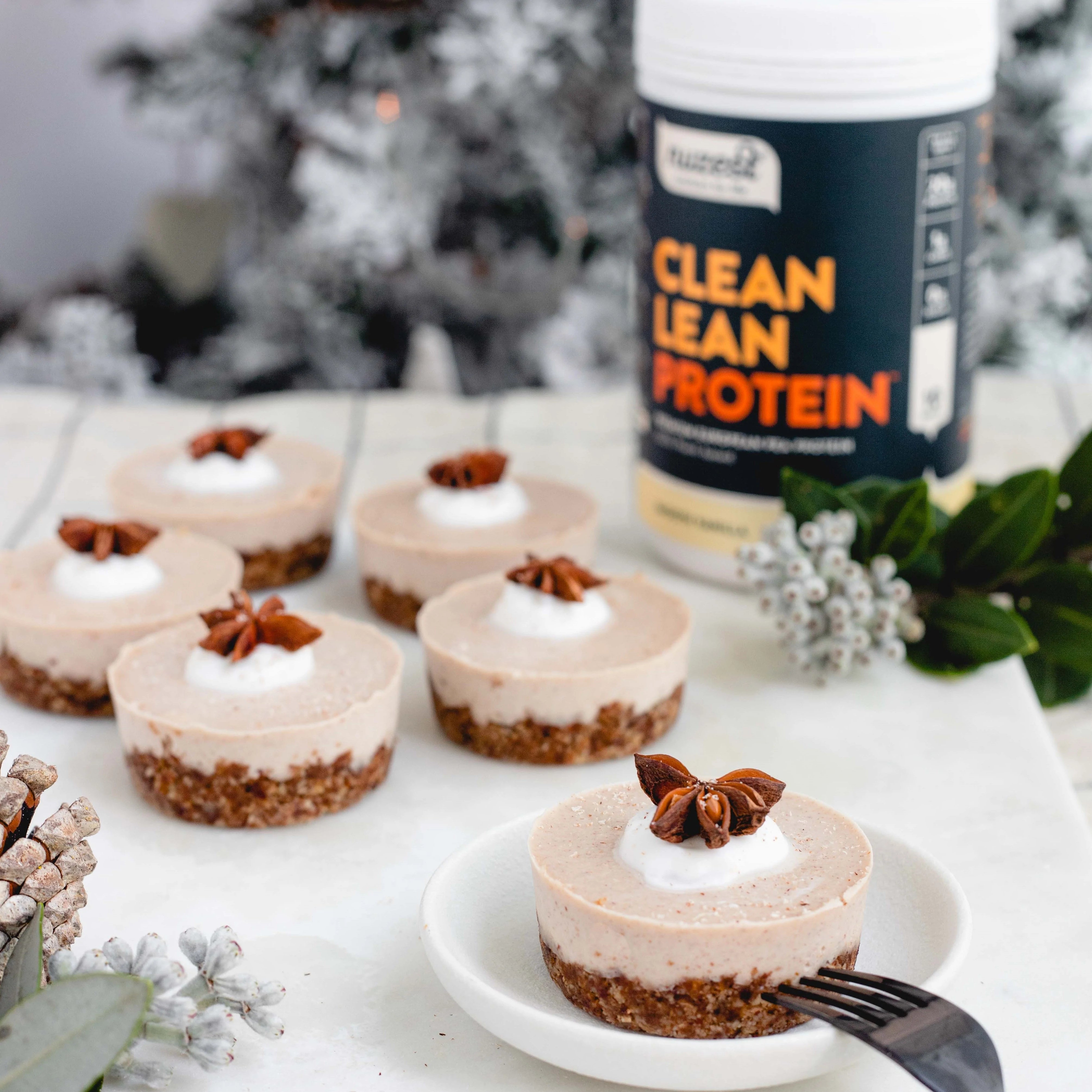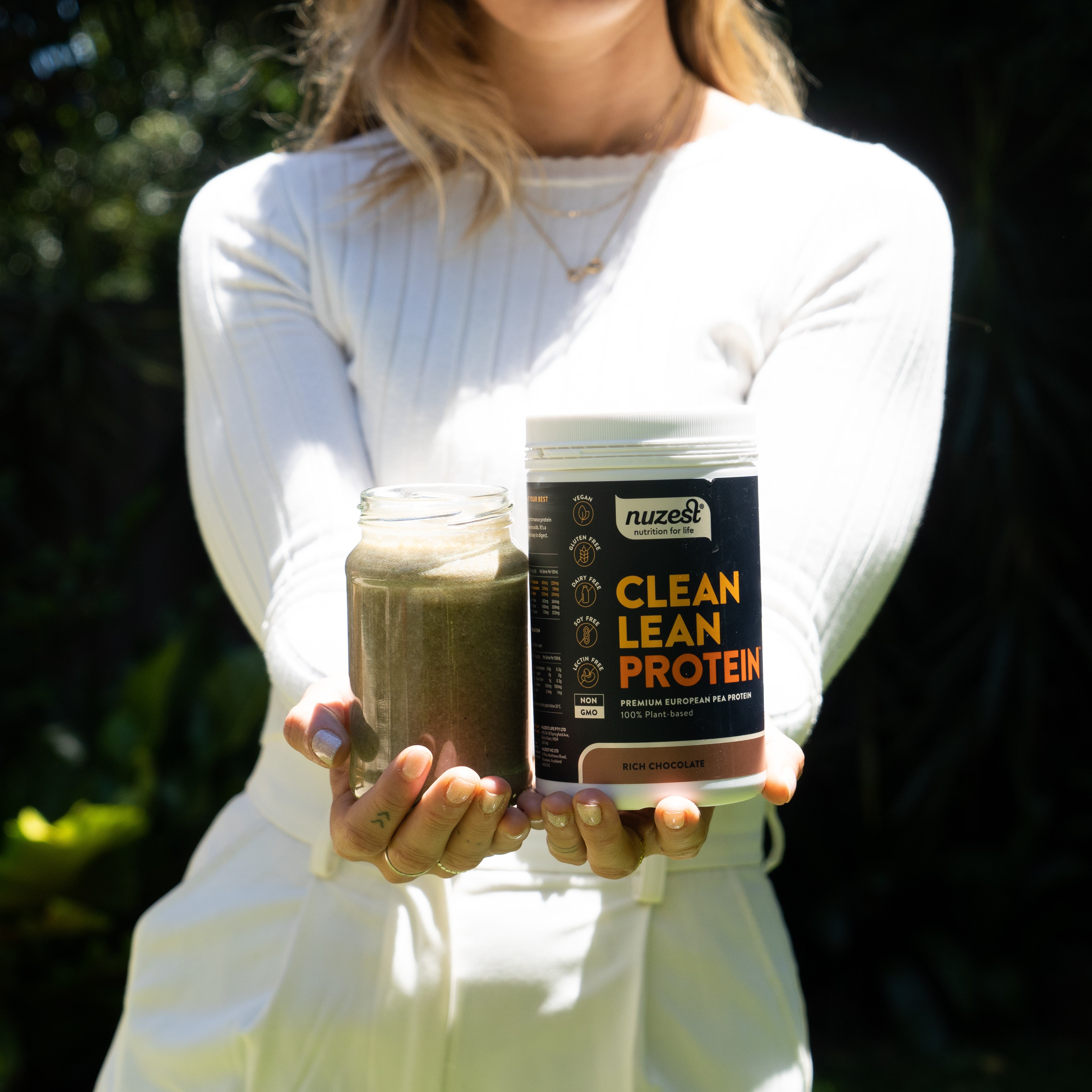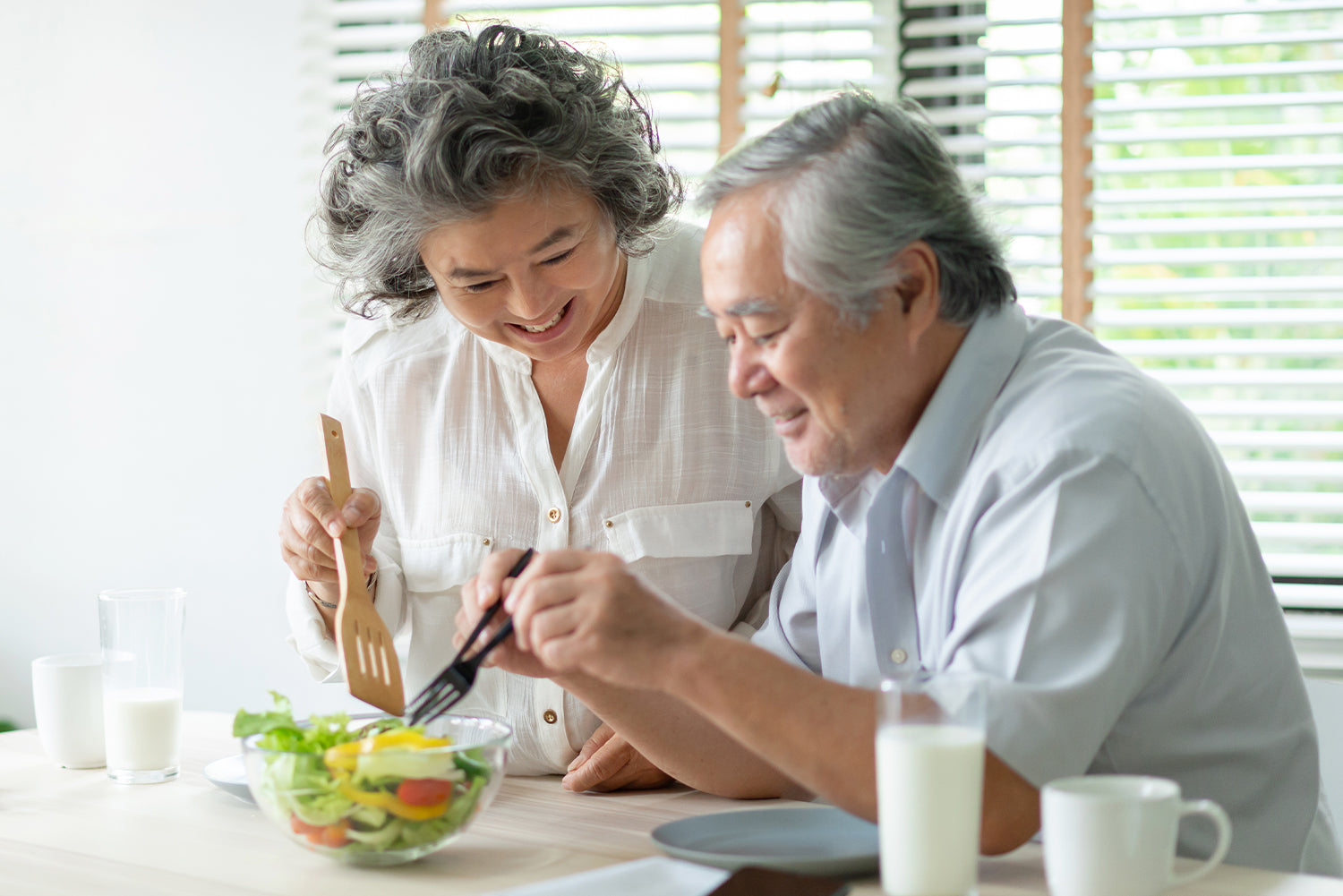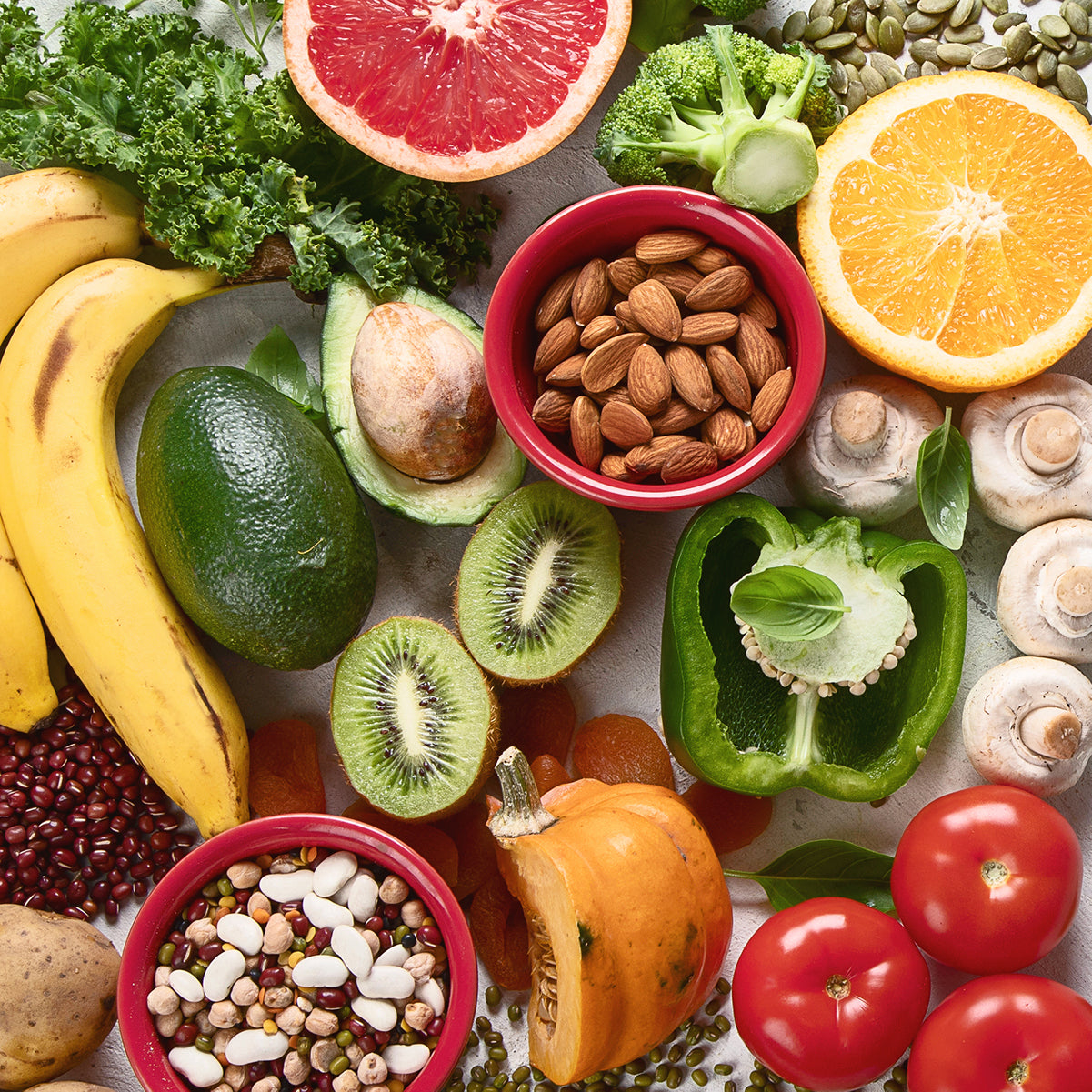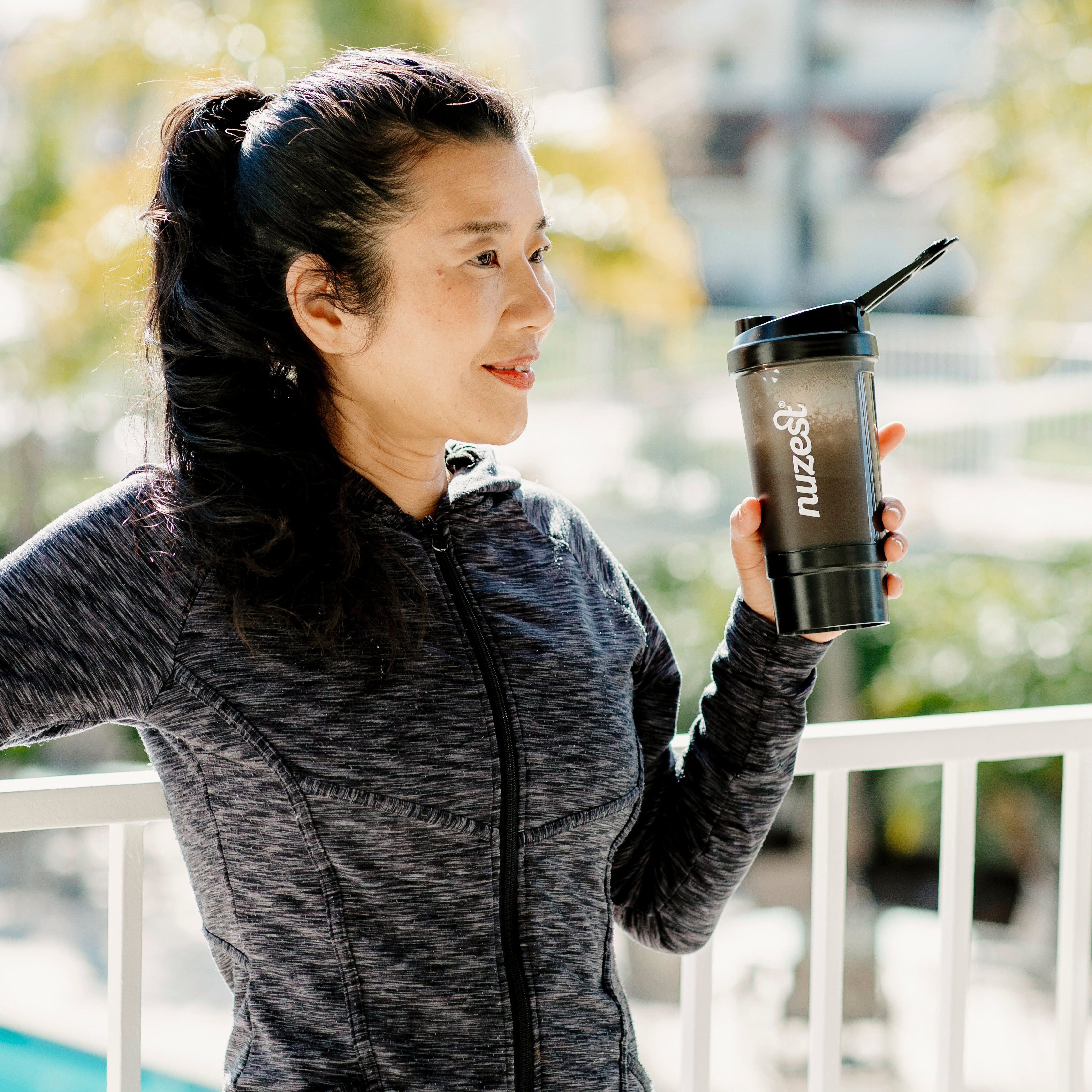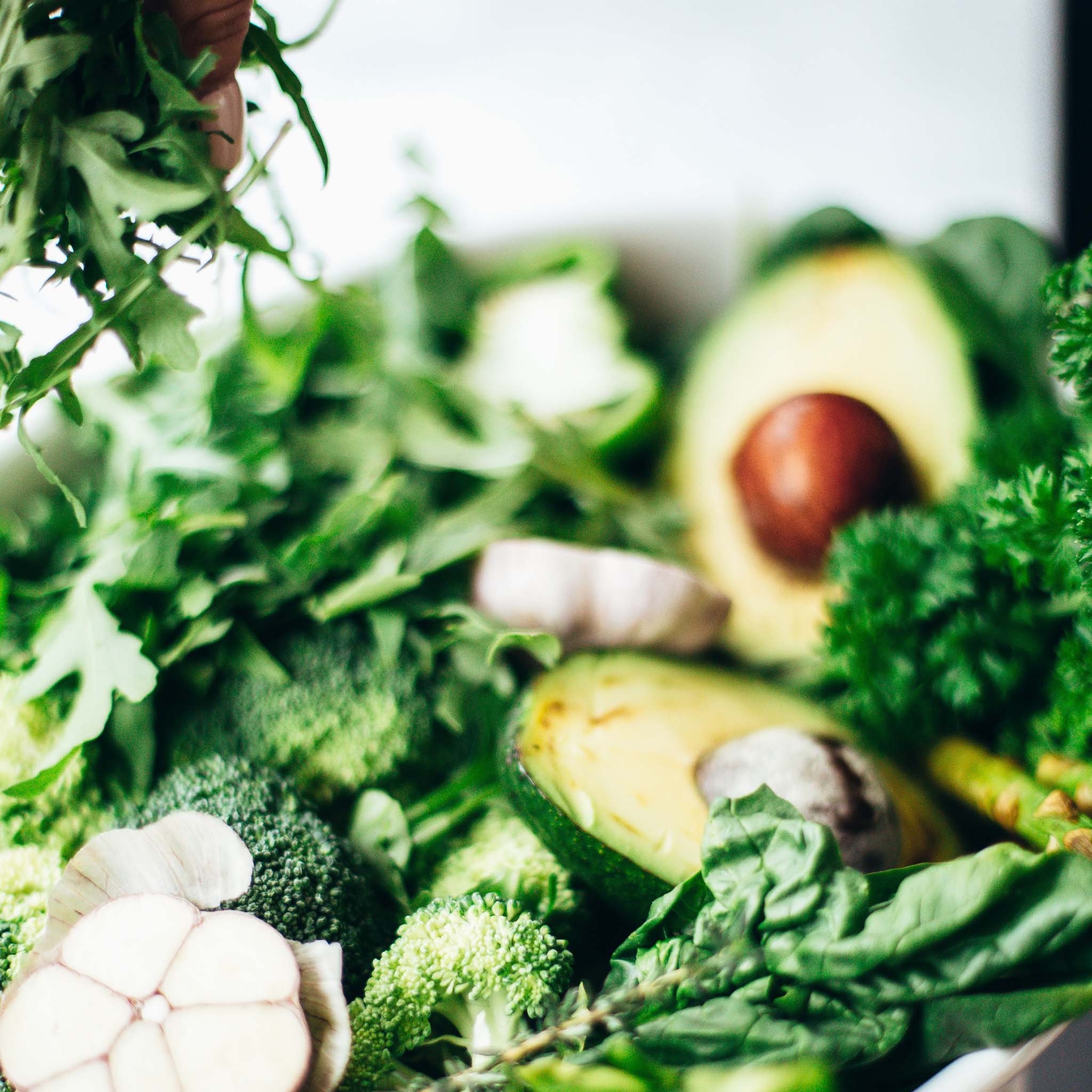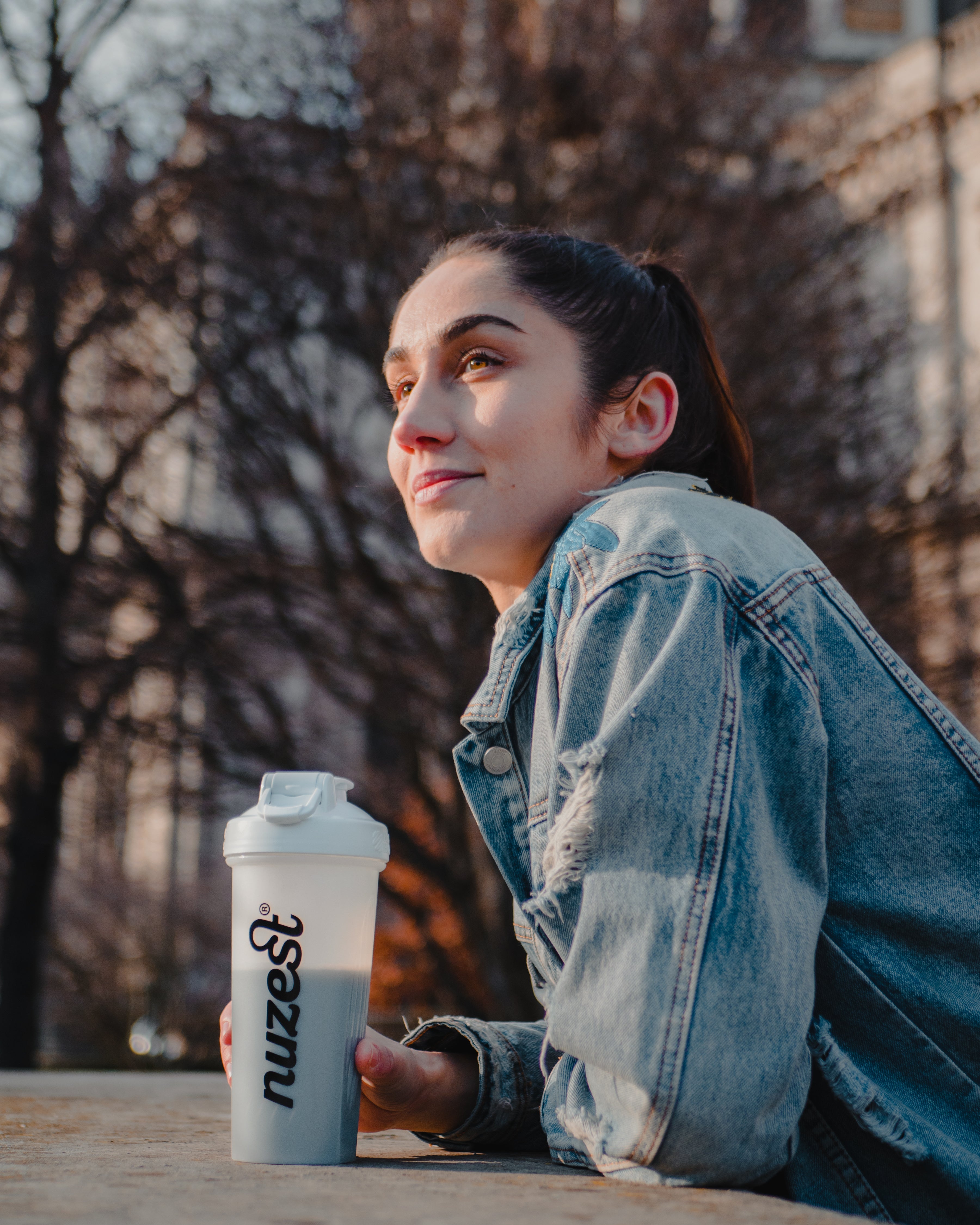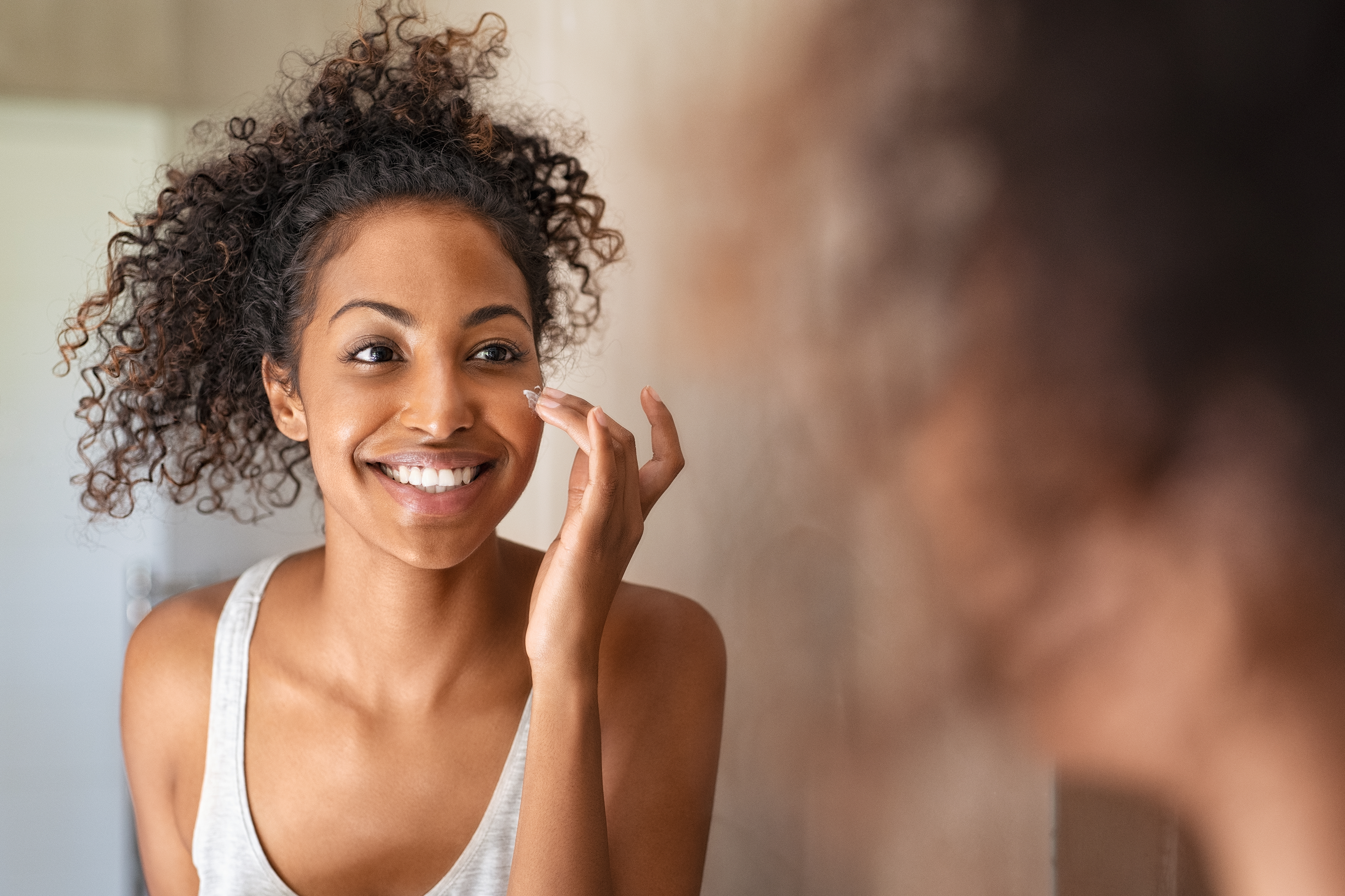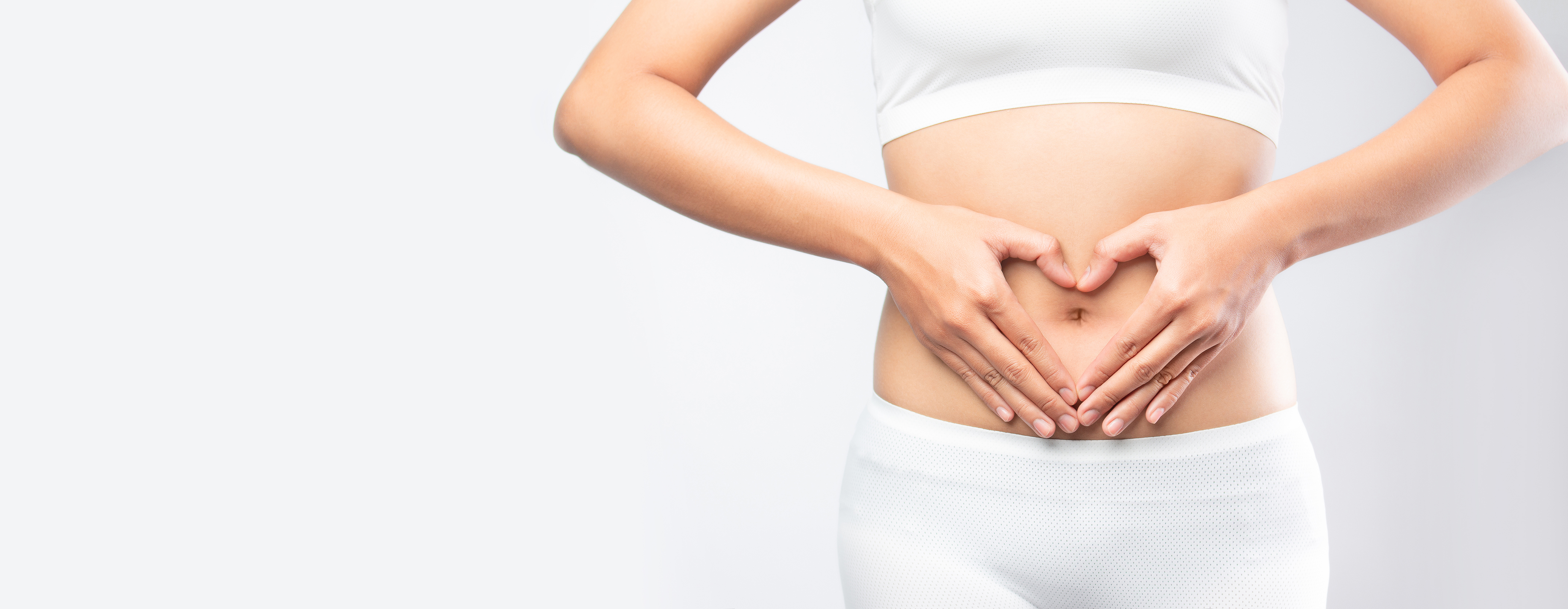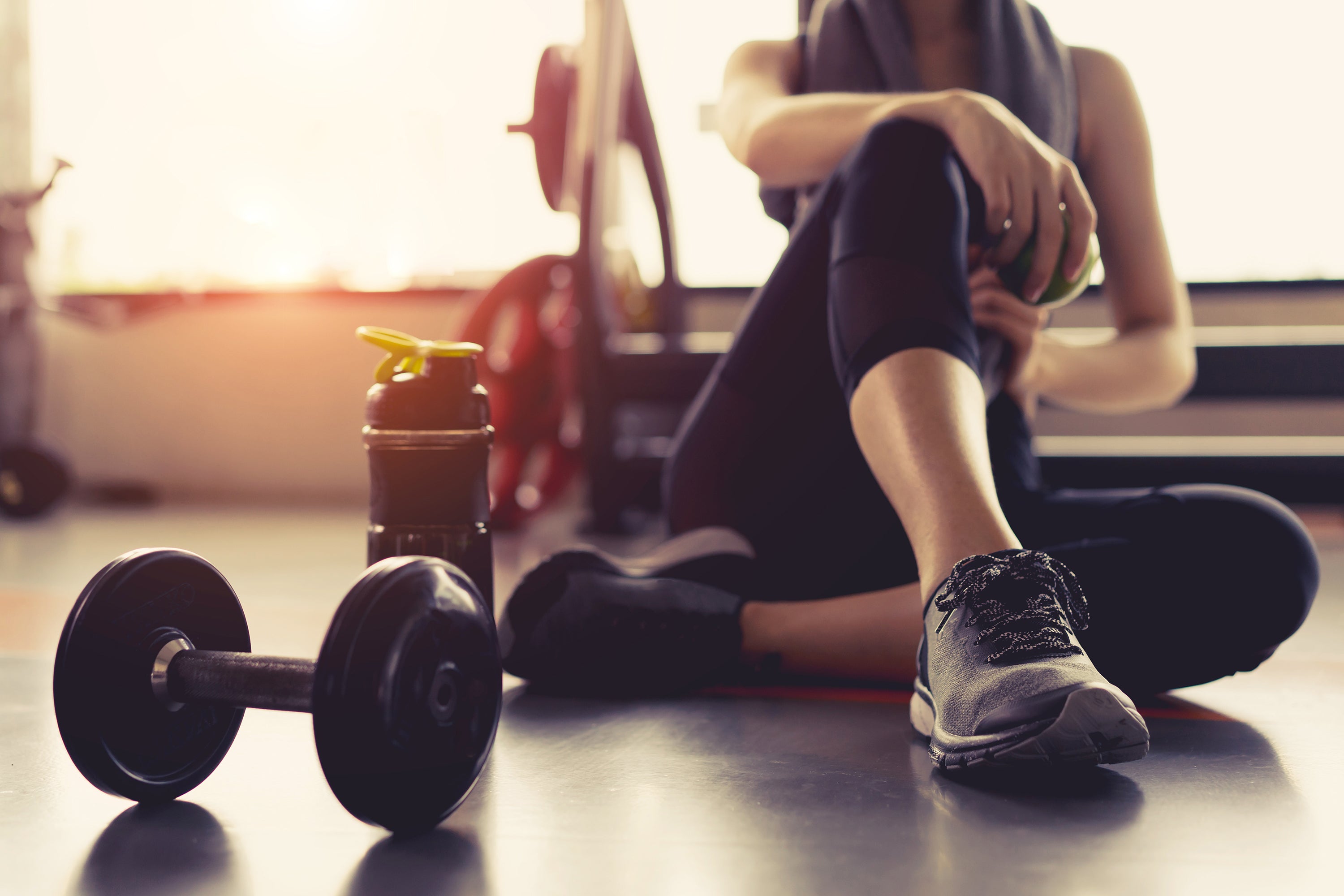Our bodies do remarkable things every day to manage the load of chemical toxins to which we expose them. Some of these we produce internally, being products of our digestion and metabolism. But we also get exposed to a plethora of toxins in our external environment, absorbing them in the food we eat and the water and beverages we consume or wash in. We inhale them in the air we breathe and we absorb them through our skins each time we shower or bath. Our bodies are very well adapted to the toxins we produce internally - because they've had millennia to adapt and develop ways of getting rid of them, often in a modified, detoxified or partially detoxified state. It's the chemicals we absorb from our external environment that have changed so much in recent times - especially over the last 50 years which is just a whisker of time in evolutionary terms.
Environmental Medicine is a rapidly expanding field that looks at the interplay between our bodies and genes and the complex mixtures of synthetic, as well as natural, compounds to which we're exposed daily. Most of us are exposed to a cocktail of around 20,000 new-to-nature, industrially manufactured chemicals each day. If we're in good health, eating and hydrating properly, many of us can handle this assault, with our on-board detoxification systems doing a great job 'biotransforming' toxins and getting rid of their metabolites in our urine, faeces or sweat. Some fat-soluble compounds, such as dioxins, which can be found in chlorine-bleached tampons, nappies and some municipal drinking water, aren't readily excreted. They may be 'biotransformed' into compounds that are more toxic and much of it gets dumped in our fat. If we then burn fat, we risk releasing these fat-soluble toxins into our circulation. More of the 10 trillion or so cells that make up an adult body then get re-exposed.
We're rapidly learning that most of us benefit from reducing our toxic chemical burden. Since most forms of cancer are environmental, this is a good idea to help reduce your long-term cancer risk. But there are often other benefits like less fatigue and fewer jangled nerves.
The first step to reducing your toxic chemical burden is finding out more about your sources of exposure. You can then remove these entirely or substitute for safer, less toxic products. This process will take time, but think about swapping out at least one product in your home or office every week for something safer. Studying the US website of the Environmental Working Group (www.ewg.org) is a fantastic place to start.
